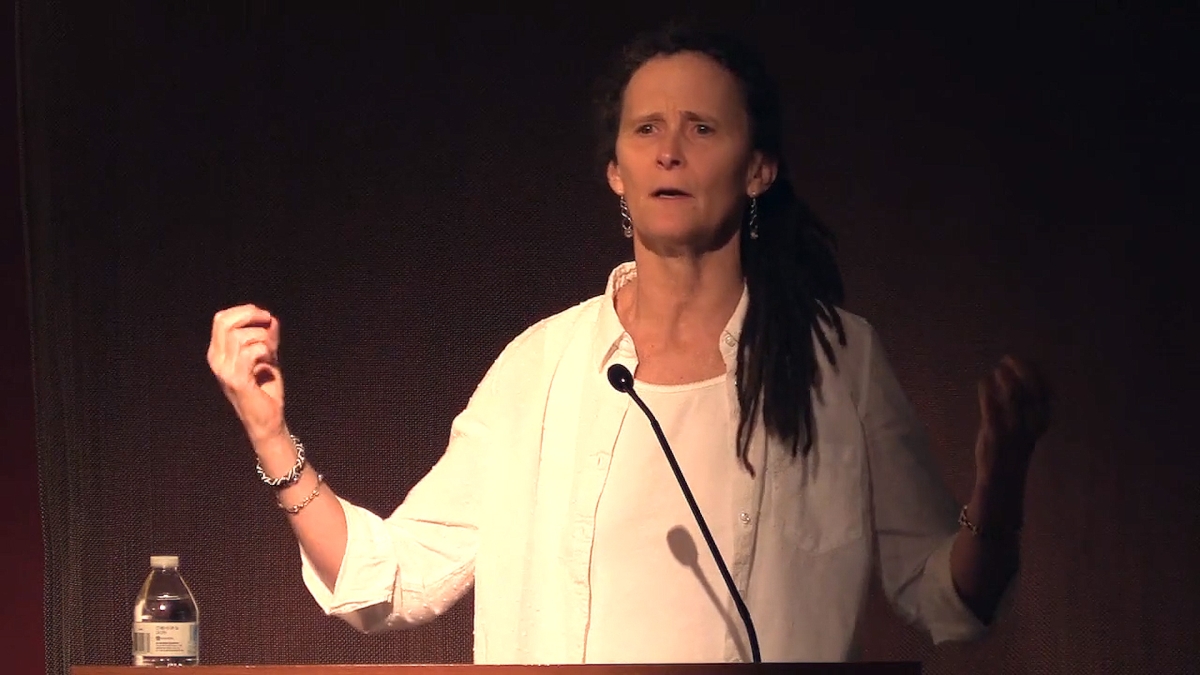ASU Insight: Encounters at the Heart of the World: A History of the Mandan People

Professor Elizabeth Fenn discusses her book "Encounters at the Heart of the World: A History of the Mandan People" at Arizona State University
Professor Elizabeth Fenn is the Walter and Lucienne Driskill Professor of Western American History at the University of Colorado Boulder. Her field of study is the early American West, focusing on epidemic disease, Native American, and environmental history. Her 2001 book Pox Americana: The Great Smallpox Epidemic of 1775-82, unearthed the devastating effects of a smallpox epidemic that coursed across the North American continent during the years of the American Revolution. Fenn is now at work on an expansive biography of Sakagawea, using her life story to illuminate the wider history of the northern plains and Rockies.
Join us on January 21 for a talk about her work and her 2015 Pulitzer Prize winning book, Encounters at the Heart of the World: A History of the Mandan People.
We mainly know of the Mandan Indians—iconic plains people whose teeming, busy towns on the upper Missouri River were for centuries at the center of the North American universe—because Lewis and Clark wintered in their midst in 1804-1805. But these prosperous villagers had a rich history, and in Encounters at the Heart of the World, Elizabeth A. Fenn retrieves it, piecing together not only archeological and anthropological findings but also relevant new work in geology, climatology, epidemiology, and nutritional science. Her pathbreaking account of centuries of Mandean prosperity and productivity gives us a new perspective on early American history, a new interpretation of the American past.
The damage wrought by imported diseases such as smallpox and the havoc caused by the arrival of horses and steamboats were tragic for the Mandans, yet, as Fenn makes clear, their sense of themselves as a people with distinctive traditions endured.
- See more at: http://humanities.asu.edu/e/asu-events/encounters-heart-world-history-m…

